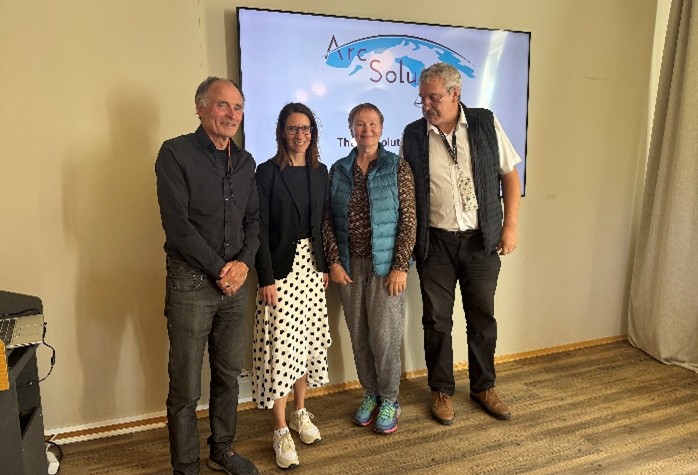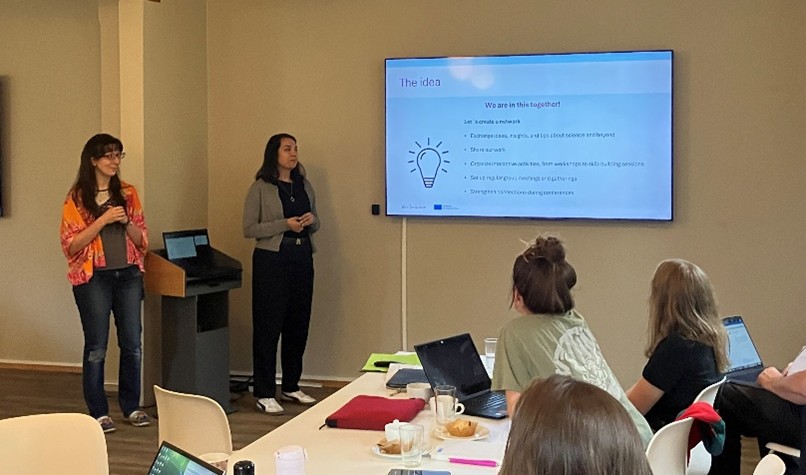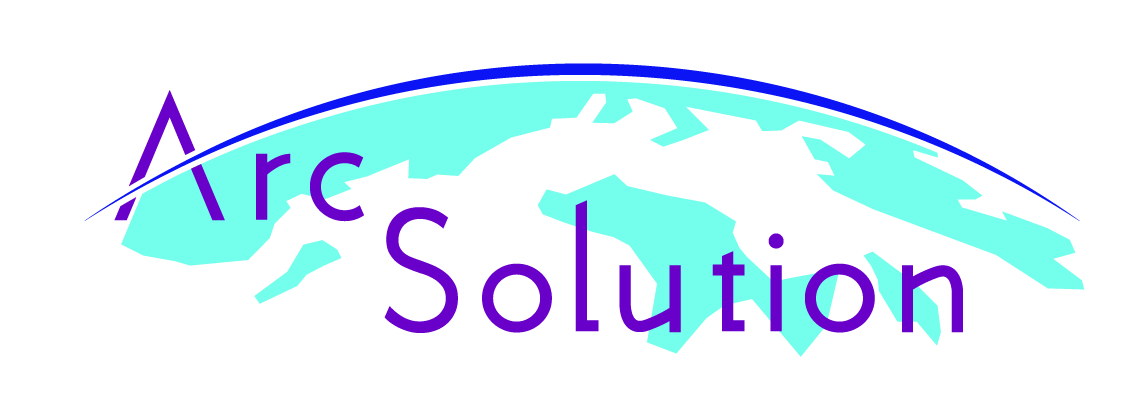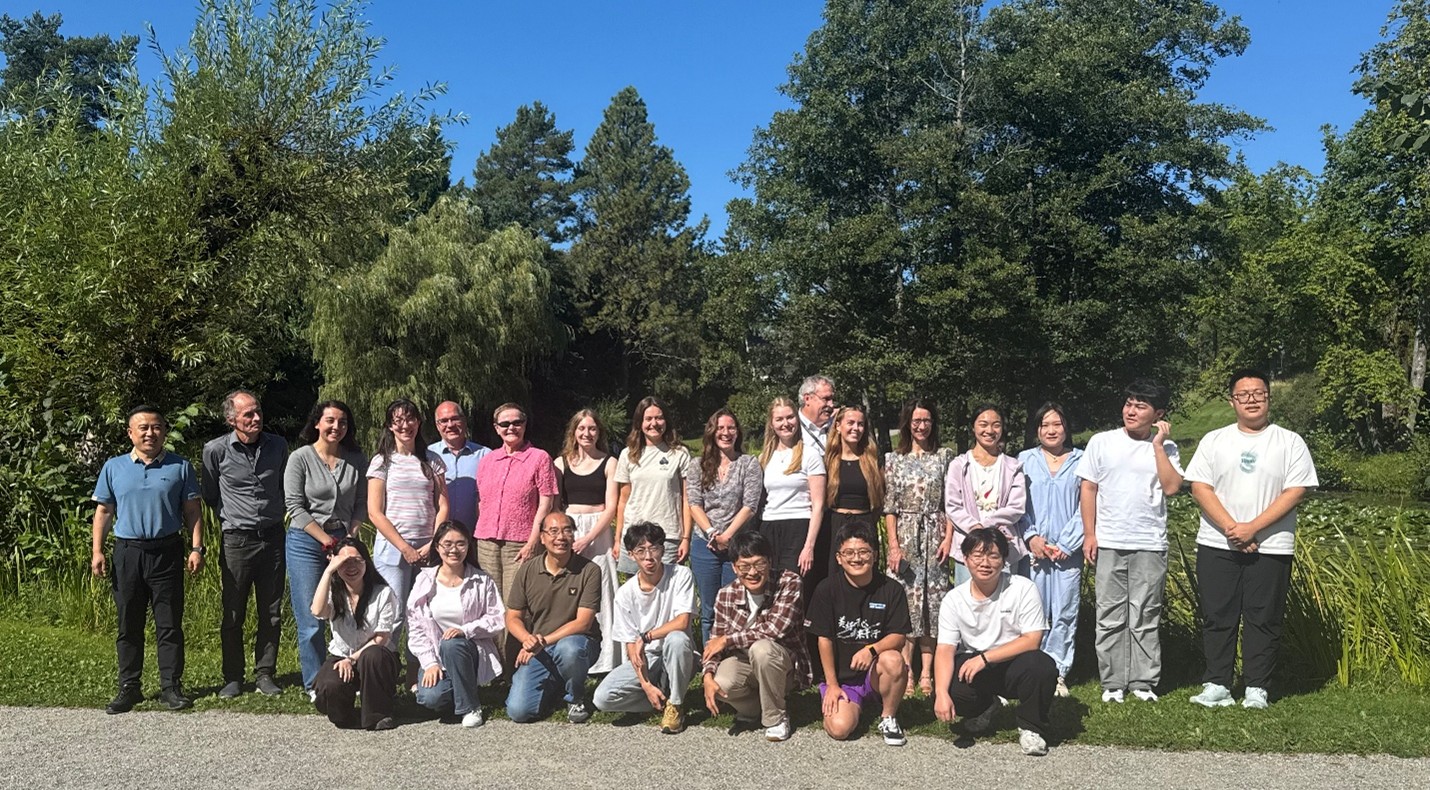The summer school “One Health and Arctic Forensic Strategies,” jointly hosted by ArcSolution and UArctic, took place from August 18 to 22, 2025, at the Norwegian University of Life Sciences (NMBU), Ås, Norway.
Nineteen young researchers from China, Norway, Denmark, and Hungary, including postdoctoral students, PhD students, and master’s students, participated in the summer school, which was organized by the Faculty of Chemistry, Biotechnology, and Food Science (KBM) at NMBU’s Science Park. The aspiring researchers were part of the ArcSolutions Early Career Network, which included institutions such as NMBU, Agroscope, Aarhus University, and Nord University. Two senior scientists from Harbin Institute of Technology accompanied the Chinese student group.
The topics within “One Health and Arctic Forensic strategies” covered the One Health concept, analytical methods for contaminant determination and their application in Arctic monitoring programmes and research, an overview of international Arctic collaboration in the Arctic Council framework, and information on the University of the Arctic (UArctic) with its programmes and networks. ArcSolution WP leaders Roland Kallenborn (NMBU), Arja Rautio (University of Oulu, Finland), Katrin Vorkamp (Aarhus University, Denmark), and Lars-Otto Reiersen (Arctic Knowledge) joined Leo Yeung (Örebro University, Sweden) and Jan Ludvig Lyche (NMBU) as lecturers. Marianna D’Amico (Aarhus University) introduced the Early Career Researchers Network in ArcSolution, and Gabrielle Haddad-Weiser (NMBU) lectured on the determination of microplastics.
After reviewing the course information and conducting an initial scientific literature study, the students selected different topics from a catalogue of 24 suggested project themes related to One Health in the Arctic. They formed groups of 3-4 students and worked on the following five priority questions:
- Which are the contaminants of tomorrow? How can we develop Early Warning Systems for the Arctic?
- Are microplastics a risk to Arctic ecosystems and humans? Analysis of risk assessment gaps and how they can be closed.
- Snow, ice, and contaminants: Climate-driven exposure in Arctic communities.
- Arctic ecosystem resilience: A One Health perspective on contaminants.
- From ice to blood: Human exposure to Arctic pollutants.
The groups presented their initial findings in 15-minute presentations on the last day of the course. They will further refine their results in a written report, which they will submit by October 5. Besides providing new scientific knowledge, the summer school fostered opportunities for exchange across borders, institutes, and scientific disciplines.



